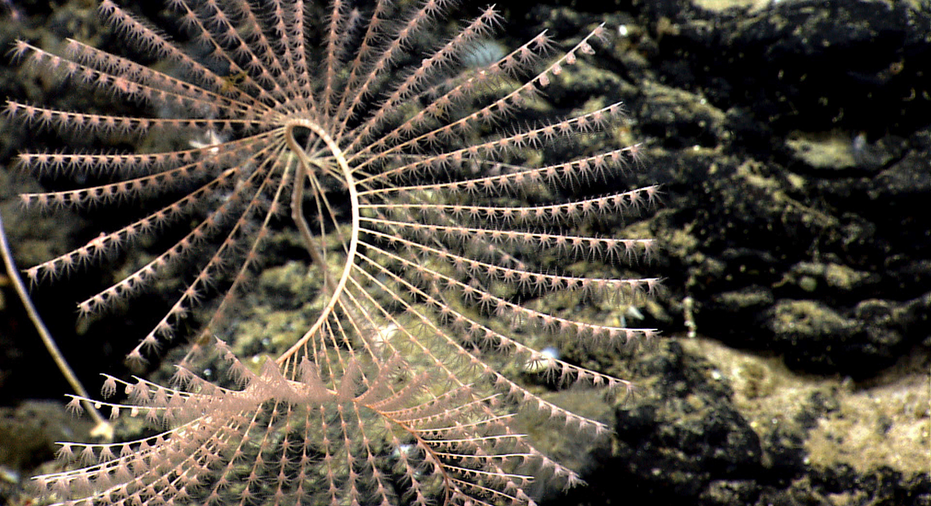The Latest: Group votes to protect corals in Gulf of Maine

PORTLAND, Maine – The Latest on a federal panel's consideration of protections for Atlantic deep-sea corals (all times local):
5:10 p.m.
Federal regulars have decided to protect two areas in the Gulf of Maine that are home to slow-growing corals.
The protected areas encompass almost 40 square miles and are called Outer Schoodic Ridge and Mt. Desert Rock. The areas would still be open to lobster fishing but not to bottom trawling.
A committee of the New England Fishery Management Council voted on the protections on Thursday.
The committee decided earlier in the day to hold off on voting on options to protect corals near Georges Bank, another key fishing area. Committee members say they needed more updated information about fishing in the area.
The proposals to protect corals would need to be approved by the federal Department of Commerce.
___
2:20 p.m.
A federal panel is considering protections for deep-sea corals in the Atlantic Ocean that would impact commercial fishing interests off New England.
A committee of the New England Fishery Management Council is looking at proposals to preserve corals in two key fishing areas, the Gulf of Maine and south of Georges Bank.
The committee decided Thursday to hold off on voting on options to protect corals near Georges Bank. Coral protections in the Gulf of Maine will be considered Thursday afternoon.
Environmental organizations support an option for Georges Bank that has greater impact on shallower waters because they believe it would do more to protect vulnerable corals that can be harmed by fishing gear. Fishing groups have opposed that option, citing a host of regulations they already face.
___
1 p.m.
A federal panel is considering new protections for deep-sea corals in the Atlantic Ocean that would impact commercial fishing interests off New England.
The New England Fishery Management Council is focusing on corals in waters south of Georges Bank off the Massachusetts coast. Georges Bank is an important fishing area for lobster, haddock and many other species.
The council has narrowed its options down to two.
Environmental organizations have come out in support of the option that has greater impact on shallower waters because they believe it would do more to protect vulnerable corals that can be harmed by fishing gear.
Fishing groups have opposed that option, citing a host of regulations they already face.
New England's corals grow along underwater canyons and support marine life, such as sea turtles.



















